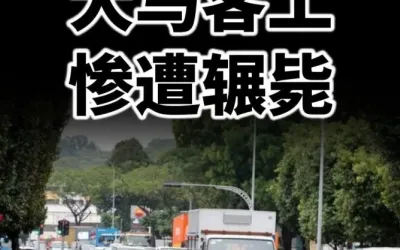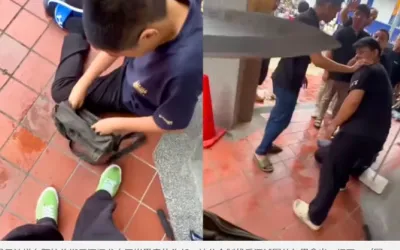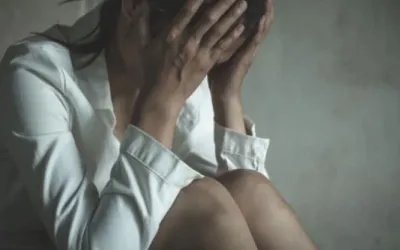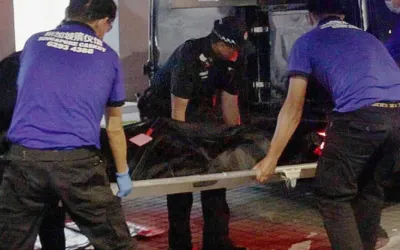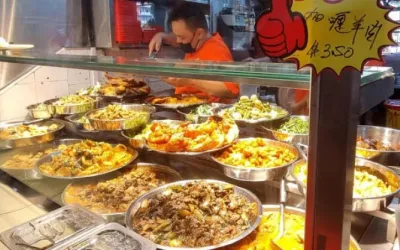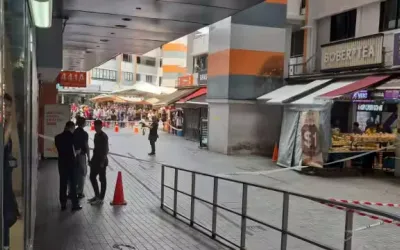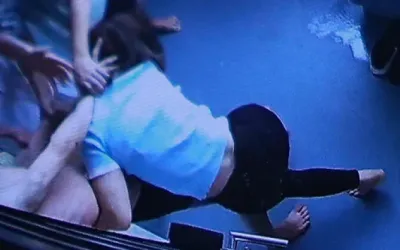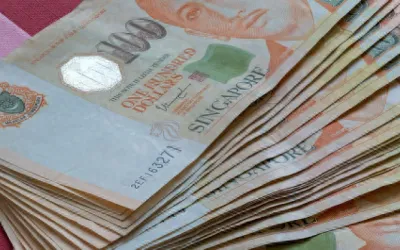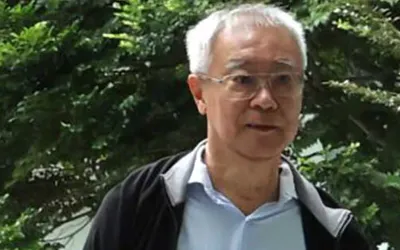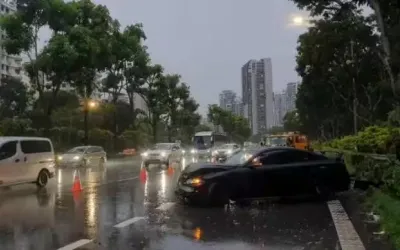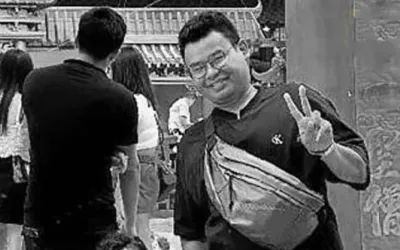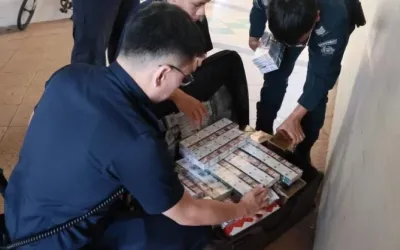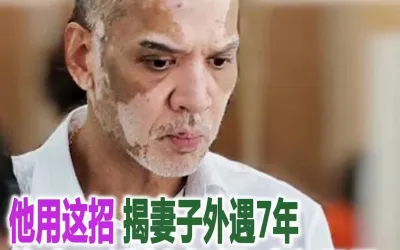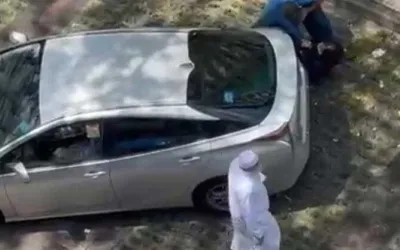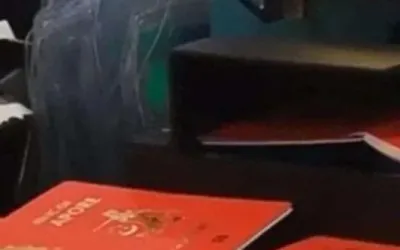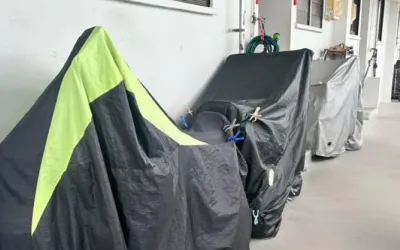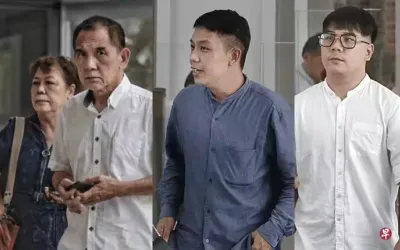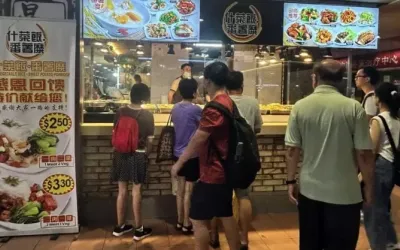2024年5月8日,新加坡教育部長陳振聲在國會書面答覆官委議員烏莎拉妮
女士關於將戲劇或舞台劇納入小學核心藝術教育的相關問題。
以下內容為新加坡眼根據國會英文資料翻譯整理:
24 烏莎拉妮(官委議員)女士詢問教育部長:
(a) 教育部是否考慮將戲劇或舞台劇納入小學核心課程的藝術教育部分?(b) 如果考慮過,結果如何?
陳振聲(教育部長)先生:小學課程側重於為兒童提供早期學習基礎知識的堅實基礎,特別是在識字、算術和社交情感能力方面。
所有小學一年級和二年級學生在課餘時間參加」主動學習計劃「,該計劃有一個」戲劇「模塊,幫助學生通過角色扮演發展社交情感能力。
雖然戲劇並不是小學低年級以上課程的一部分,但它是各學科教師可以採用的教學工具之一,以加強學習。例如,可以採用演講和戲劇活動來培養英語和母語的溝通技巧。
一些學校還將戲劇作為課外活動或補習班。教育部將繼續審查如何在學校使用戲劇來支持學生的全面發展。
雖然戲劇並不是小學低年級以上課程的一部分,但它是各科教師可以用來提高學習效果的教學工具之一。例如,可以利用演講和戲劇活動來發展英語和母語的溝通技能。
一些學校還將戲劇作為一種課外活動或增益課程。教育部將繼續審查學校如何利用戲劇來支持學生的全面發展。

以下是英文質詢內容:
24 Ms Usha Chandradas asked the Minister for Education (a) whether the Ministry has considered including drama or theatre studies as part of the arts education component of its core primary school syllabus; and (b) if so, what have been the outcomes of such considerations.
Mr Chan Chun Sing: The Primary school curriculum focuses on providing children with a strong foundation in the early fundamentals of learning, particularly in literacy, numeracy and social-emotional competencies.
All Primary 1 and 2 students participate in the Programme for Active Learning during curriculum time, which has a Drama module to help students develop social-emotional competencies through role-play.
While drama is not part of the primary school curriculum beyond lower primary levels, it is one of the pedagogical tools that teachers across subjects can adopt to enhance learning. For example, speech and drama activities can be employed to develop communication skills in English and Mother Tongue Languages.
Some schools also offer Drama as a Co-Curricular Activity or as an enrichment programme. The Ministry of Education will continue to review how Drama can be used in schools to support the holistic development of students.
HQ丨編輯
HQ丨編審
新加坡國會丨來源
